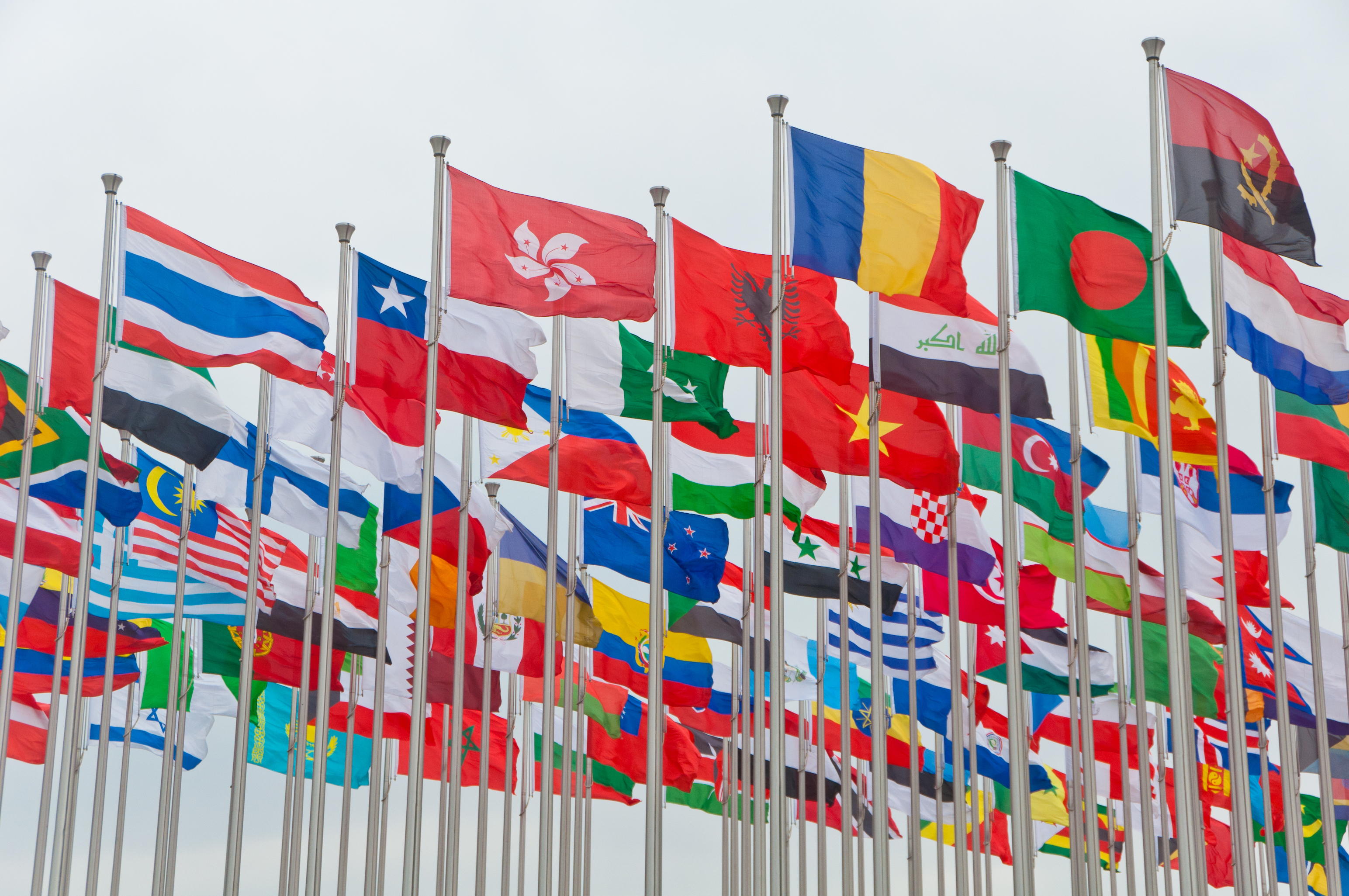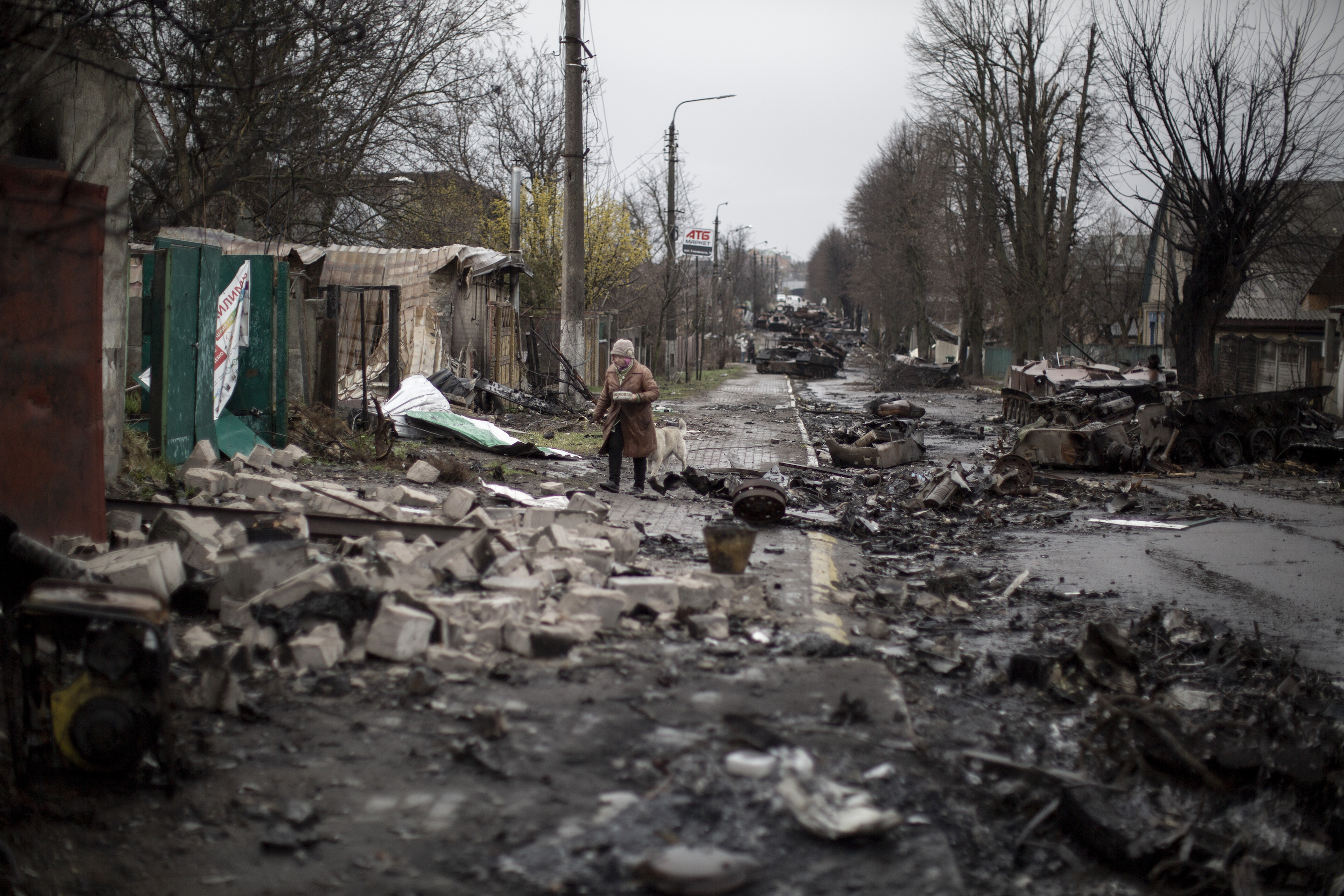
Politics & Society
The past is never in the past

Amid worsening conflicts and global challenges, members of the United Nations are backing new efforts to revive multilateralism through “Our Common Agenda.”
Published 6 May 2022
The United Nations and its Member States are growing increasingly concerned about the need to reinvigorate multilateralism in international affairs.
The maintenance of international peace and enhancing the global rules-based order are core responsibilities under the UN Charter, but a major problem is that many Member States are no longer, if they ever fully were, practising what they say they believe. Multilateral cooperation through UN institutions has been eroded, as highlighted by the failures to prevent recent conflicts in Ukraine, Syria and elsewhere.

This comes at a time when the world is confronted by a complex of issues whose successful management is fundamentally dependent on strengthened international solidarity and cooperation. Pandemics, epidemics, global warming, the increasing number of wars, historically high numbers of refugees and displaced people, widening wealth disparities, loss of biodiversity, degraded oceans, and an increasingly poorly regulated and threatening cyberspace all demand urgent multilateral action.
UN Secretary-General Antonio Guterres has made it the mission of his second term in office to spearhead efforts to revitalise multilateral cooperation. These efforts must confront an increasingly complex and rapidly changing international system.

Politics & Society
The past is never in the past
Populism is in the ascendancy in many countries, dampening enthusiasm for international cooperation and amplifying the voice of big financial institutions, business conglomerates, energy companies and even powerful individuals, with the result that policy is often distorted.
Do these revolutions make the UN weak and ineffective? The Member States think not. During the 75th anniversary of the UN on 21 September 2020, the Member States unanimously agreed in the General Assembly to ask Guterres to develop recommendations to advance the common agenda and respond to current and future challenges.
He undertook widespread consultations resulting in sweeping proposals reflecting a significant body of international thinking framed in uncharacteristically direct language.
The options and suggestions set out by Guterres are presented as necessary pathways, rather than the more usual menu of discretionary choices which allow States to opt out. No other global institution has this credibility because no other has the legitimacy from membership of all national governments. No other organisation can speak with as great authority as the UN General Assembly. When Member States agree they have unique global political weight.

Guterres’ report, Our Common Agenda, focuses on multilateralism spearheaded through the UN. It puts the UN at the centre of the proposed initiatives, leveraging its universal convening power that gives all 193 Member States an equal voice and increasingly includes representatives from the private sector, civil society, and academia.
It means the Common Agenda will benefit from the UN’s unique role in safeguarding global values, ethics and norms, as well as its global presence and its technical expertise.
The Common Agenda builds on the September 2020 75th anniversary Declaration by which the General Assembly recognised the ‘achievements of the UN’ but also its ‘moments of disappointment’ and committed to an agenda of reinvigorated multilateralism, with the 2030 Agenda for Sustainable Development as the framework.

Politics & Society
Stepping carefully amid conflict in the Pacific
The Agenda outlines a strikingly imaginative, ambitious strategy for how these objectives might be pursued to the end of ‘a stronger, more networked and inclusive multilateral system,’ including new, crisis-ready ‘emergency platforms,’ more robust approaches to global issues, and a greater emphasis on youth and their role in the future.
The Agenda persuasively argues that:
States have at their disposal an organisation whose very purpose is to solve international problems through cooperation. The United Nations’ presence is global, its membership is universal, and its activities span the breadth of human need. Its fundamental values are … found in every culture and religion around the world: peace, justice, human dignity, equity, tolerance and of course, solidarity.
These values alone inspire a serious examination of the policies proposed. But how might they be received in the wider Australian community and by the Commonwealth, State and Territory Governments?

Several of the segments will inevitably raise eyebrows and attract controversy. Proposals include a new agenda for peace, multi-stakeholder dialogues on outer space and a Global Digital Compact. They cover global economic governance, taxation, climate change, and biodiversity.
Turning to the ‘infodemic’ plaguing our world, the Agenda has suggestions to end the ‘war on science,’ lending support ‘for a global code of conduct that promotes integrity in public information.’
Suggestions likely to garner widespread support include gender parity initiatives, more inclusive consultations to harness the voice of youth, a Futures Lab, and a Declaration on Future Generations. However, questions may be raised about the proposal for a UN Special Envoy to ensure that policy and budget decisions by States factor in their impact on future generations.

Politics & Society
Adjudicating international disputes
The Common Agenda includes recommendations on protecting the rights of peoples more broadly and the role of international law to secure these rights, ranging from the very concrete to the more aspirational. Notable is the proposal for a multi-stakeholder effort to reduce violence worldwide in all its forms, including violence from criminal groups and interpersonal violence in the home.
There are several recommendations that go to the heart of how the UN functions. Working towards a ‘UN 2.0’ able to offer ‘system-wide solutions to 21st-century challenges’, the Report envisages an institution more inclusive, responsive, consultative and ‘a reliable guardian for our future’.
The necessity for strengthening global cooperation to address the existential crises facing humanity is increasingly clear. Our Common Agenda offers a wide-ranging, integrated and compelling strategy for the next major steps. It is vital that they be implemented by the next Australian government. The Labor opposition’s plan to appoint a dedicated ambassador for human rights is a step in the right direction. Strengthening international institutions as a way to reduce conflict and tackle global problems is in Australia’s national interest, and all our interests.
Copies of the UN’s Our Common Agenda strategy are readily available on the UN website.
Banner: Getty Images